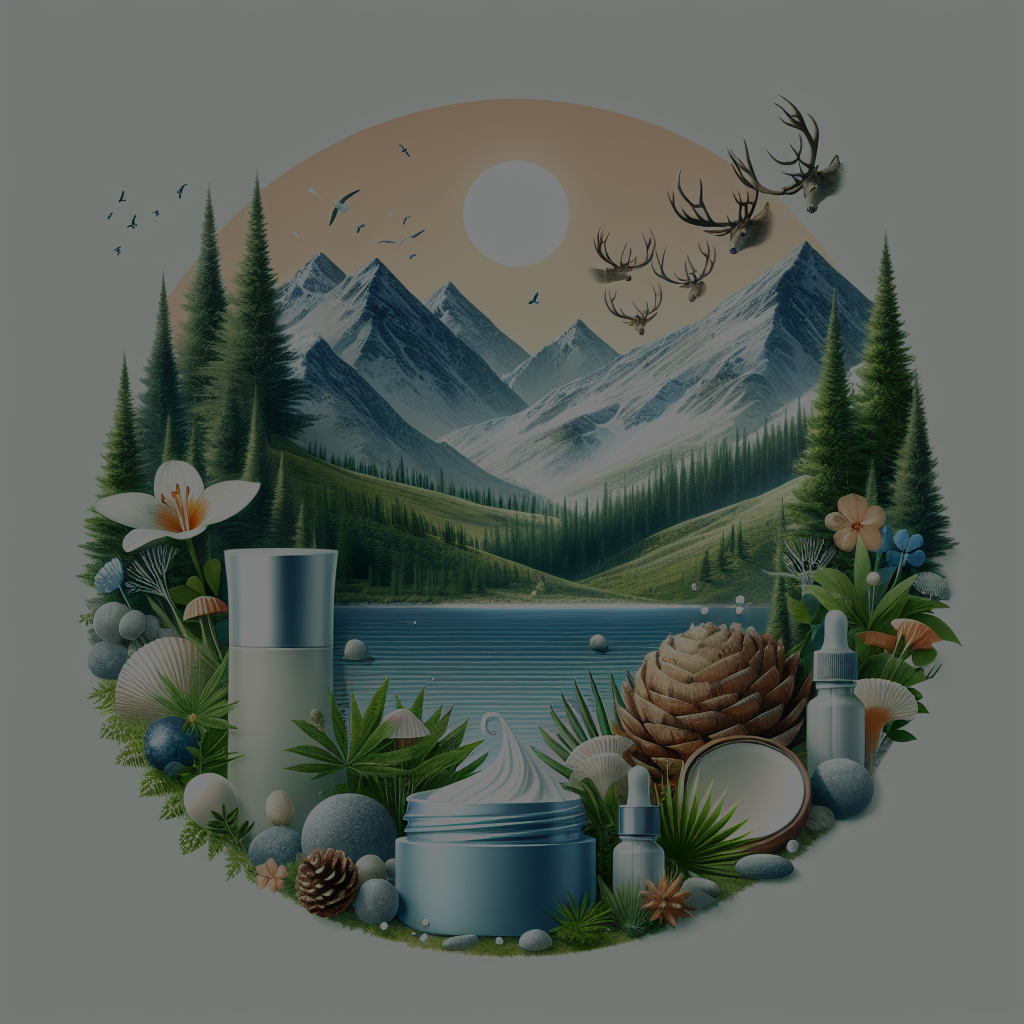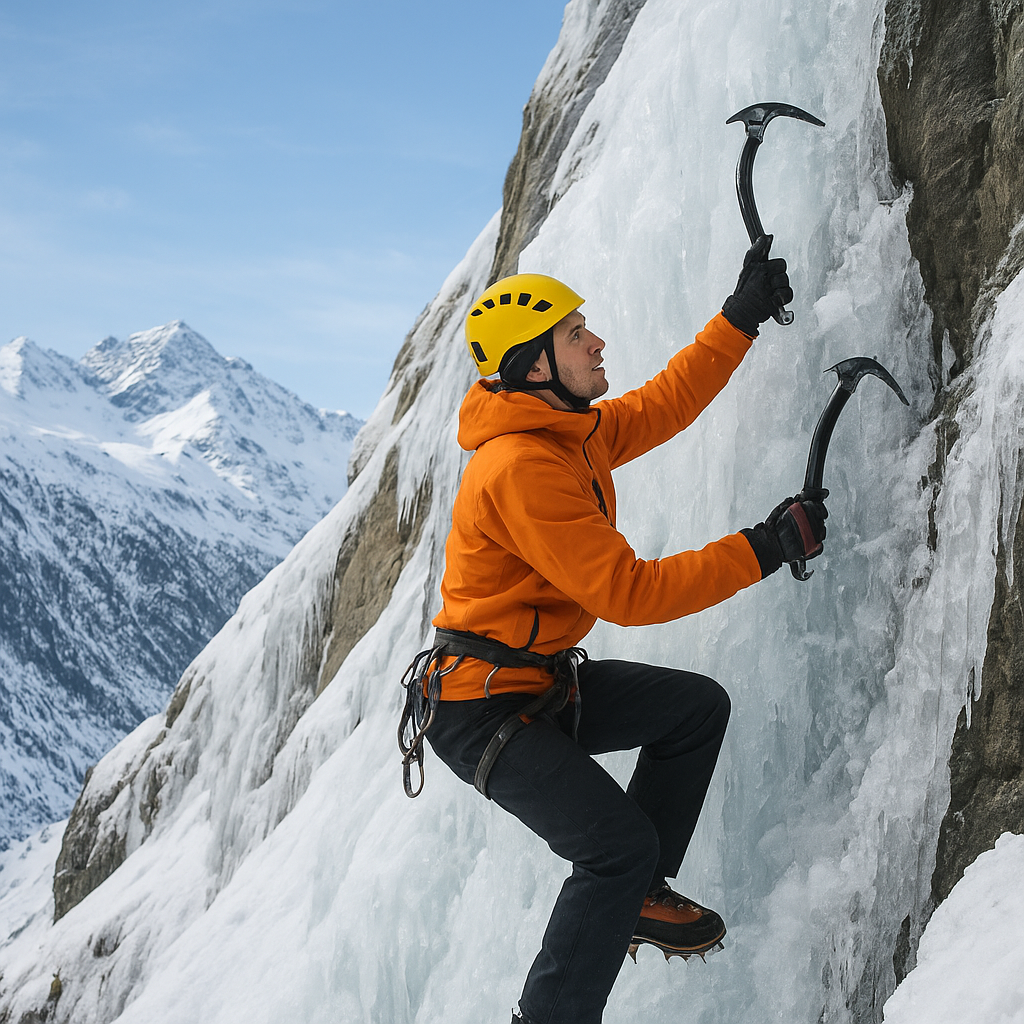
Alpine regions are renowned for their breathtaking landscapes and unique ecosystems. However, these areas are not just a feast for the eyes; they also harbor a wealth of biodiversity that plays a crucial role in skincare. Understanding why biodiversity matters in alpine skincare can help us appreciate the intricate balance of nature and its benefits for our skin.
The Unique Biodiversity of Alpine Regions
Alpine regions are characterized by their high altitudes, extreme weather conditions, and diverse flora and fauna. These harsh environments have led to the evolution of unique plant species that possess remarkable resilience and adaptability. This biodiversity is not only vital for maintaining ecological balance but also offers a treasure trove of natural ingredients for skincare.
Adaptation and Resilience
Plants in alpine regions have developed extraordinary mechanisms to survive in extreme conditions. For instance, many alpine plants produce high levels of antioxidants to protect themselves from intense UV radiation and oxidative stress. These antioxidants can be harnessed in skincare products to protect and rejuvenate the skin.
Moreover, alpine plants often have deep root systems that allow them to access nutrients from the soil, making them rich in vitamins and minerals. These nutrients can help nourish and strengthen the skin, providing a natural and effective solution for various skin concerns.
Rare and Endemic Species
Alpine regions are home to many rare and endemic plant species that are not found anywhere else in the world. These plants have unique properties that can be beneficial for skincare. For example, the edelweiss flower, native to the European Alps, is known for its anti-inflammatory and anti-aging properties. Incorporating such rare ingredients into skincare products can offer unparalleled benefits and set them apart from conventional formulations.
The Benefits of Alpine Biodiversity in Skincare
Harnessing the power of alpine biodiversity in skincare can provide a range of benefits, from anti-aging and hydration to protection against environmental stressors. Here are some of the key advantages:
Anti-Aging Properties
Many alpine plants are rich in antioxidants, which help combat free radicals and reduce the signs of aging. Ingredients like edelweiss extract and alpine rose extract can help improve skin elasticity, reduce wrinkles, and promote a youthful complexion. These natural anti-aging solutions are often gentler on the skin compared to synthetic alternatives, making them suitable for sensitive skin types.
Hydration and Nourishment
Alpine plants are adept at retaining moisture in harsh conditions, making them excellent sources of hydration for the skin. Ingredients like alpine willowherb and glacier water can help replenish and lock in moisture, keeping the skin hydrated and supple. Additionally, the rich nutrient profile of alpine plants can provide essential vitamins and minerals that nourish the skin and promote overall skin health.
Protection Against Environmental Stressors
The extreme conditions of alpine regions have led to the evolution of plants with robust protective mechanisms. These plants can offer protection against environmental stressors such as UV radiation, pollution, and temperature fluctuations. Incorporating alpine ingredients into skincare products can help shield the skin from these harmful factors, reducing the risk of damage and maintaining a healthy complexion.
Sustainable Sourcing and Ethical Considerations
While the benefits of alpine biodiversity in skincare are undeniable, it is essential to consider the sustainability and ethical implications of sourcing these ingredients. Overharvesting and habitat destruction can threaten the delicate balance of alpine ecosystems and endanger rare plant species. Therefore, it is crucial to adopt sustainable and ethical practices in the skincare industry.
Responsible Sourcing
Skincare brands should prioritize responsible sourcing of alpine ingredients by working with local communities and adhering to sustainable harvesting practices. This can help ensure the long-term availability of these valuable resources while supporting the livelihoods of local populations. Additionally, brands can invest in research and development to cultivate alpine plants in controlled environments, reducing the pressure on wild populations.
Conservation Efforts
Supporting conservation efforts is another important aspect of ethical skincare. Brands can collaborate with environmental organizations to protect alpine habitats and promote biodiversity conservation. This can include initiatives such as reforestation, habitat restoration, and the establishment of protected areas. By contributing to these efforts, skincare brands can help preserve the natural beauty and biodiversity of alpine regions for future generations.
Conclusion
The unique biodiversity of alpine regions offers a wealth of benefits for skincare, from anti-aging and hydration to protection against environmental stressors. By harnessing the power of alpine plants, we can create effective and natural skincare solutions that promote healthy and radiant skin. However, it is essential to adopt sustainable and ethical practices to ensure the long-term availability of these valuable resources and protect the delicate balance of alpine ecosystems. By doing so, we can enjoy the benefits of alpine biodiversity while preserving the natural beauty of these remarkable regions.

